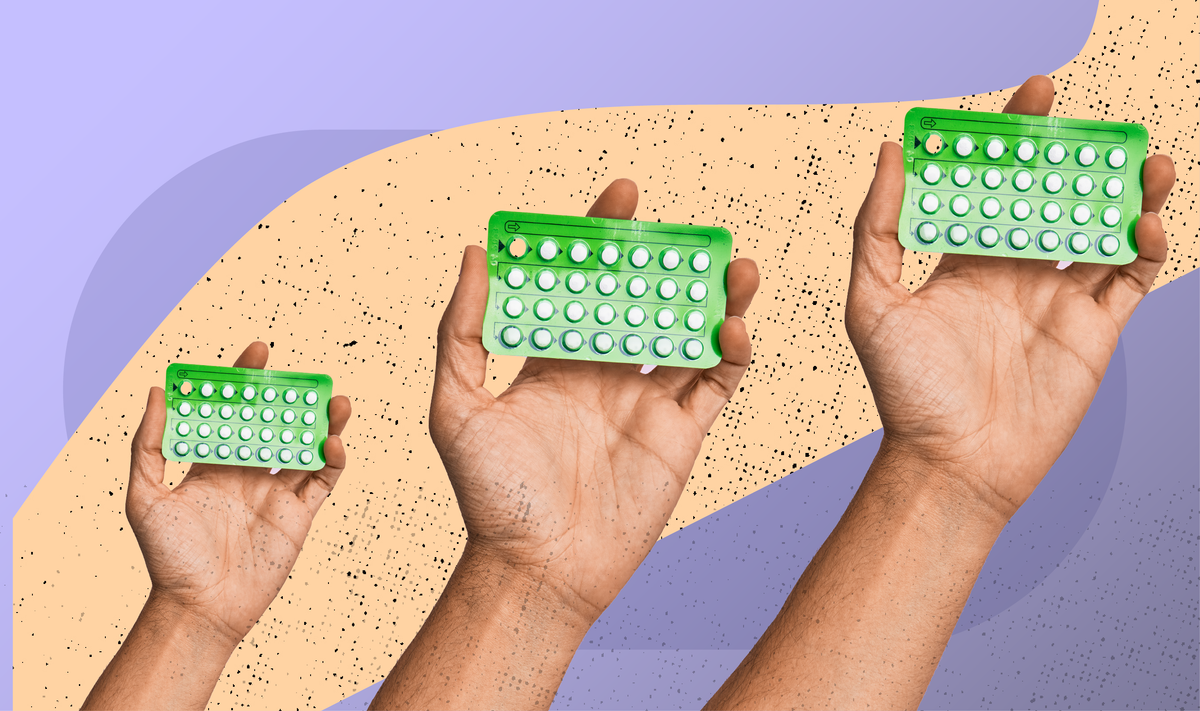Misleading post stokes fears about birth control pills and cancer
Meanwhile, other posts discussed losing Medicaid coverage at Planned Parenthood and COVID-19 vaccines during pregnancy.

Meanwhile, other posts discussed losing Medicaid coverage at Planned Parenthood and COVID-19 vaccines during pregnancy.
This week, a misleading Instagram post sparked debate about whether birth control pills are safe. Plus, online conversations about a recent U.S. Supreme Court ruling impacting Medicaid coverage at Planned Parenthood health centers continued, and a lawsuit fueled discussions about COVID-19 vaccines during pregnancy.
In light of these conversations, communicators may share information about birth control pills, low-cost reproductive health care services, and the benefits of COVID-19 vaccination during pregnancy.

Insights brought to you by the reporters and science writers of Public Good News (PGN), a nonprofit newsroom dedicated to improving community health.
What’s trending nationally in conversations about reproductive health:
On July 13, a social media influencer shared an Instagram post stating that the World Health Organization classifies birth control pills as a Group 1 carcinogen, “the same group as asbestos and tobacco.” The post received approximately 194,000 likes and 1,500 comments as of July 15. Most commenters expressed anger and fear and said that people should stop taking birth control pills. However, many other commenters said that the post is misleading. Some correctly stated that classifying something as a Group 1 carcinogen means that there is evidence that it can cause cancer, but not all Group 1 carcinogens have the same potency. They also don’t cause cancer in all people who are exposed. One commenter correctly noted that birth control pills have been shown to reduce the risk of certain cancers.
In the past week, online conversation continued about a recent U.S. Supreme Court ruling that states can prevent Planned Parenthood from receiving Medicaid money. One Reddit post in r/Massachusetts shared a screenshot of a notification they had received from Planned Parenthood stating that Planned Parenthood of Massachusetts can no longer accept Medicaid insurance plans. The post received approximately 2,300 upvotes as of July 15. Most commenters expressed outrage, and some asked about the cost of out-of-pocket care at Planned Parenthood. Other articles and posts expressed concern about how the court ruling will impact people across the country, especially low-income pregnant people. Many social media users also shared personal concerns, stating that they have been using Medicaid to cover Planned Parenthood services like birth control, Pap smears, and testing for sexually transmitted infections and that they are unsure where they can receive affordable reproductive health care now.
Several recent articles and social media posts discussed a lawsuit filed in federal court against Robert F. Kennedy Jr. and the Department of Health and Human Services for recent changes to COVID-19 vaccine recommendations. (The CDC no longer recommends COVID-19 vaccines during pregnancy, despite evidence that vaccination during pregnancy helps protect pregnant people and their babies from severe illness and death.) The lawsuit was brought by six leading medical organizations, including the American Academy of Pediatrics, American College of Physicians, and the American Public Health Association, and a pregnant doctor who said she feared being unable to get a COVID-19 vaccine. Some social media users expressed outrage that the new CDC guidelines make it harder for pregnant people to get COVID-19 vaccines. Others falsely claimed that COVID-19 vaccines are not safe for pregnant people.

Recommendations brought to you by the health communication experts behind Infodemiology.com.
Recommendations for public health professionals
Each week, the Infodemiology.com team will provide messaging recommendations in response to some of the trending narratives outlined above. These helpful tips can be used when creating content, updating web and FAQ pages, and developing strategy for messaging about reproductive health.
Given concerns about birth control pills and cancer, messaging may explain that birth control pills are a safe and effective way to prevent pregnancy. Messaging may emphasize that while birth control pills may slightly increase the risk of breast and cervical cancer, they have been shown to decrease the risk of endometrial, ovarian, and colorectal cancer. Communicators may highlight that birth control pills can also ease premenstrual symptoms, reduce cramps, and make periods lighter. Some can also prevent acne, iron deficiency, breast and ovarian cysts, and bone thinning. Sharing information about the types of hormonal and non-hormonal birth control is recommended.
In response to ongoing conversations about Medicaid patients losing coverage at some Planned Parenthood health centers, communicators may continue directing people to other local health centers that offer low-cost cancer screenings, birth control, STI testing and treatment, prenatal care, emergency contraception, and other forms of reproductive health care. Communicators may also want to share information about at-home STI testing and services that offer birth control and abortion pills through the mail. Additional messaging may note that Medicaid patients and those without insurance can contact their local Planned Parenthood to discuss payment options.
Conversations about COVID-19 vaccination during pregnancy provide an opportunity to explain that pregnant people are at higher risk for a severe COVID-19 infection, which can increase the risk of miscarriage, early birth, and other health problems. Emphasizing that vaccination during pregnancy is safe and can also help protect infants after birth is recommended. Communicators may encourage pregnant people to talk to their health care providers about staying up to date on vaccines and where to get them.
